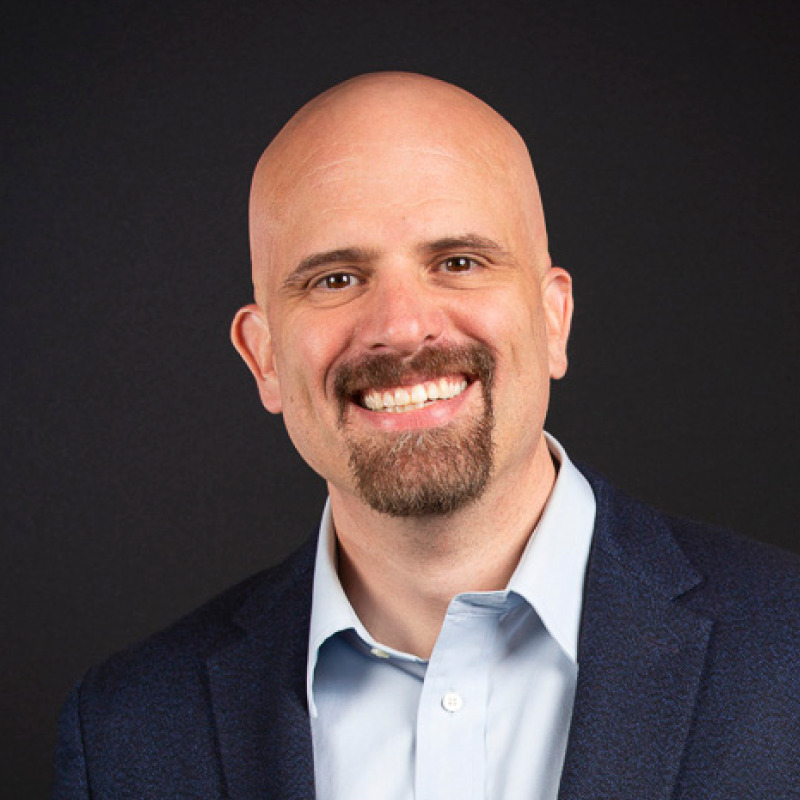
Underpinning many policy disputes is a frequently rehearsed conflict of visions: Should we experiment with policies that are likely to lead to superior, but unknown, solutions, or should we should stick to well-worn policies, regardless of how poorly they fit current circumstances?
This conflict is clearly visible in the debate over whether DOJ should continue to enforce its consent decrees with the major music performing rights organizations (“PROs”), ASCAP and BMI—or terminate them.
As we note in our recently filed comments with the DOJ, summarized below, the world has moved on since the decrees were put in place in the early twentieth century. Given the changed circumstances, the DOJ should terminate the consent decrees. This would allow entrepreneurs, armed with modern technology, to facilitate a true market for public performance rights.
The consent decrees
In the early days of radio, it was unclear how composers and publishers could effectively monitor and enforce their copyrights. Thousands of radio stations across the nation were playing the songs that tens of thousands of composers had written. Given the state of technology, there was no readily foreseeable way to enable bargaining between the stations and composers for license fees associated with these plays.
In 1914, a group of rights holders established the American Society of Composers Authors and Publishers (ASCAP) as a way to overcome these transactions costs by negotiating with radio stations on behalf of all of its members.
Even though ASCAP’s business was clearly aimed at ensuring that rightsholders’ were appropriately compensated for the use of their works, which logically would have incentivized greater output of licensable works, the nonstandard arrangement it embodied was unacceptable to the antitrust enforcers of the era. Not long after it was created, the Department of Justice began investigating ASCAP for potential antitrust violations.
While the agglomeration of rights under a single entity had obvious benefits for licensors and licensees of musical works, a power struggle nevertheless emerged between ASCAP and radio broadcasters over the terms of those licenses. Eventually this struggle led to the formation of a new PRO, the broadcaster-backed BMI, in 1939. The following year, the DOJ challenged the activities of both PROs in dual criminal antitrust proceedings. The eventual result was a set of consent decrees in 1941 that, with relatively minor modifications over the years, still regulate the music industry.
Enter the Internet
The emergence of new ways to distribute music has, perhaps unsurprisingly, resulted in renewed interest from artists in developing alternative ways to license their material. In 2014, BMI and ASCAP asked the DOJ to modify their consent decrees to permit music publishers partially to withdraw from the PROs, which would have enabled those partially-withdrawing publishers to license their works to digital services under separate agreements (and prohibited the PROs from licensing their works to those same services). However, the DOJ rejected this request and insisted that the consent decree requires “full-work” licenses — a result that would have not only entrenched the status quo, but also erased the competitive differences that currently exist between the PROs. (It might also have created other problems, such as limiting collaborations between artists who currently license through different PROs.)
This episode demonstrates a critical flaw in how the consent decrees currently operate. Imposing full-work license obligations on PROs would have short-circuited the limited market that currently exists, to the detriment of creators, competition among PROs, and, ultimately, consumers. Paradoxically these harms flow directly from a presumption that administrative officials, seeking to enforce antitrust law — the ultimate aim of which is to promote competition and consumer welfare — can dictate through top-down regulatory intervention market terms better than participants working together.
If a PRO wants to offer full-work licenses to its licensee-customers, it should be free to do so (including, e.g., by contracting with other PROs in cases where the PRO in question does not own the work outright). These could be a great boon to licensees and the market. But such an innovation would flow from a feedback mechanism in the market, and would be subject to that same feedback mechanism.
However, for the DOJ as a regulatory overseer to intervene in the market and assert a preference that it deemed superior (but that was clearly not the result of market demand, or subject to market discipline) is fraught with difficulty. And this is the emblematic problem with the consent decrees and the mandated licensing regimes. It allows regulators to imagine that they have both the knowledge and expertise to manage highly complicated markets. But, as Mark Lemley has observed, “[g]one are the days when there was any serious debate about the superiority of a market-based economy over any of its traditional alternatives, from feudalism to communism.”
It is no knock against the DOJ that it patently does not have either the knowledge or expertise to manage these markets: no one does. That’s the entire point of having markets, which facilitate the transmission and effective utilization of vast amounts of disaggregated information, including subjective preferences, that cannot be known to anyone other than the individual who holds them. When regulators can allow this process to work, they should.
Letting the market move forward
Some advocates of the status quo have recommended that the consent orders remain in place, because
Without robust competition in the music licensing market, consumers could face higher prices, less choice, and an increase in licensing costs that could render many vibrant public spaces silent. In the absence of a truly competitive market in which PROs compete to attract services and other licensees, the consent decrees must remain in place to prevent ASCAP and BMI from abusing their substantial market power.
This gets to the very heart of the problem with the conflict of visions that undergirds policy debates. Advocating for the status quo in this manner is based on a static view of “markets,” one that is, moreover, rooted in an early twentieth-century conception of the relevant industries. The DOJ froze the licensing market in time with the consent decrees — perhaps justifiably in 1941 given the state of technology and the very high transaction costs involved. But technology and business practices have evolved and are now much more capable of handling the complex, distributed set of transactions necessary to make the performance license market a reality.
Believing that the absence of the consent decrees will force the performance licensing market to collapse into an anticompetitive wasteland reflects a failure of imagination and suggests a fundamental distrust in the power of the market to uncover novel solutions—against the overwhelming evidence to the contrary.
Yet, those of a dull and pessimistic mindset need not fear unduly the revocation of the consent decrees. For if evidence emerges that the market participants (including the PROs and whatever other entities emerge) are engaging in anticompetitive practices to the detriment of consumer welfare, the DOJ can sue those entities. The threat of such actions should be sufficient in itself to deter such anticompetitive practices but if it is not, then the sword of antitrust, including potentially the imposition of consent decrees, can once again be wielded.
Meanwhile, those of us with an optimistic, imaginative mindset, look forward to a time in the near future when entrepreneurs devise innovative and cost-effective solutions to the problem of highly-distributed music licensing. In some respects their job is made easier by the fact that an increasing proportion of music is streamed via a small number of large companies (Spotify, Pandora, Apple, Amazon, Tencent, YouTube, Tidal, etc.). But it is quite feasible that in the absence of the consent decrees new licensing systems will emerge, using modern database technologies, blockchain and other distributed ledgers, that will enable much more effective usage-based licenses applicable not only to these streaming services but others too.
We hope the DOJ has the foresight to allow such true competition to enter this market and the strength to believe enough in our institutions that it can permit some uncertainty while entrepreneurs experiment with superior methods of facilitating music licensing.




